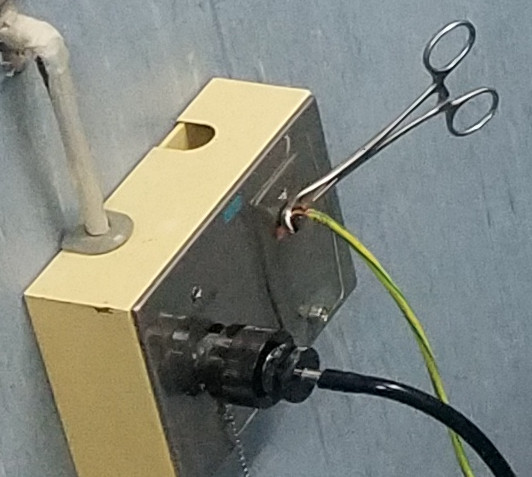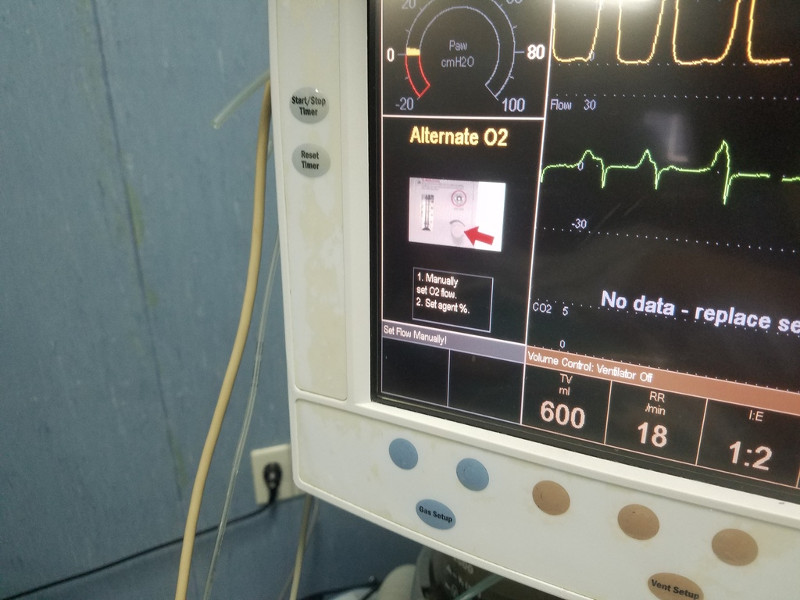- Joined
- Feb 20, 2016
- Messages
- 242
- Reaction score
- 214
I have been creeping on SDN for a while and have been turned off to anesthesia for the sole reason of people on the internet complaining of CRNA and talking about how anesthesia is going down the tubes. I obviously take this with a grain of salt but my brother is an attorney and the job market really can be as bad as people say for them. I just want to choose my specialty with open eyes. With that being said, it seems that there hasnt been as much complaining as of late in the field? Has it kind of evened out? Pay still seems relatively high in salary surveys and I dont know any anesthesiologists who are out of work. I have searched gaswork and there are plenty of jobs in my area and many of them seem to be partnership track. I didn't see a single job paying less than 300k and I dont live in BFE. I saw several jobs claiming >500k
So here is my question. Will Anesthesia be a solid field moving forward? Will you be able to work decently hard and make 350k, and if you are willing to move find a true partnership job and make well above that?
...or is AI and CRNA going to replace all anesthesiologists?
So here is my question. Will Anesthesia be a solid field moving forward? Will you be able to work decently hard and make 350k, and if you are willing to move find a true partnership job and make well above that?
...or is AI and CRNA going to replace all anesthesiologists?


